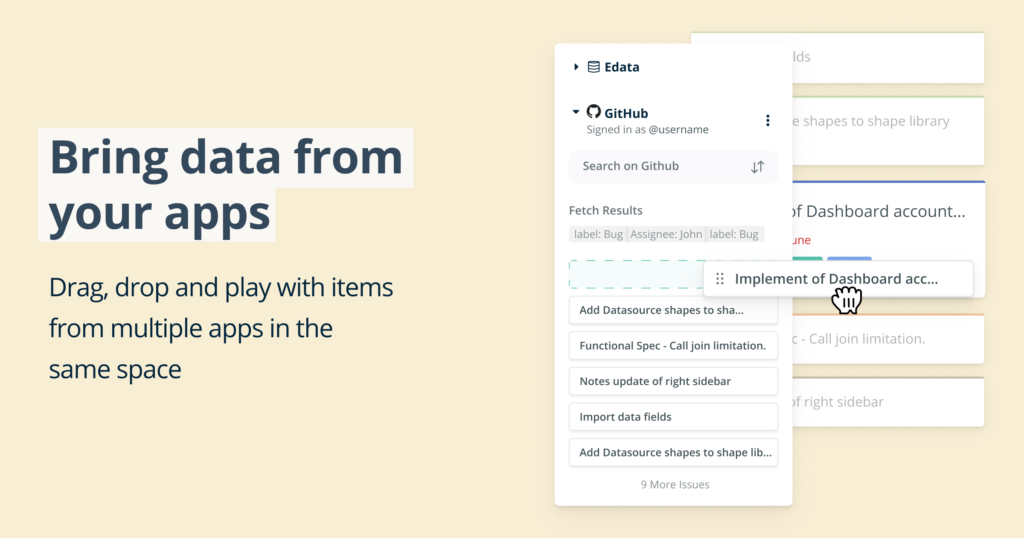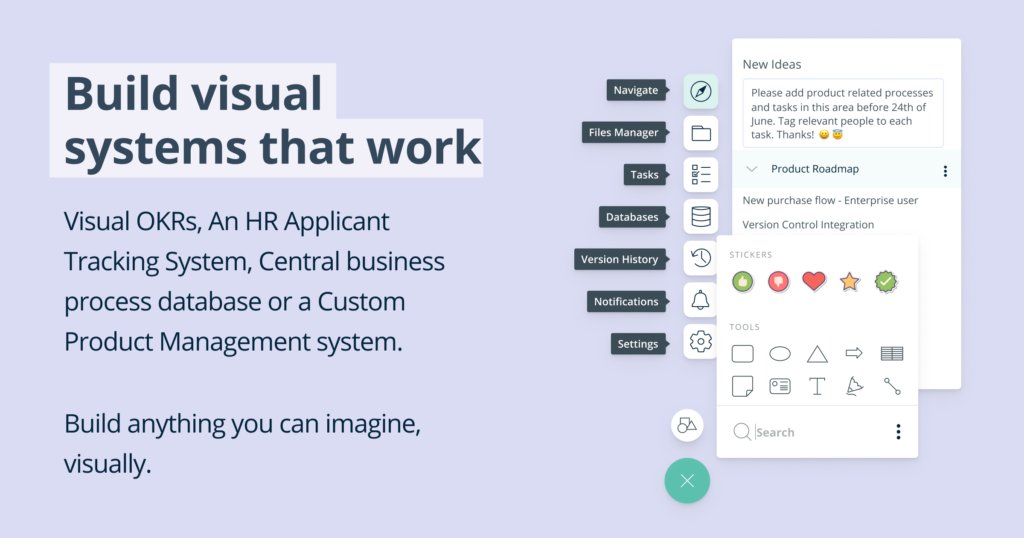What every Business Analyst should know about Business Analysis certification paths, training courses and ultimately your career.
People often ask me questions about which Business Analysis certifications to pursue or which Business Analysis training courses to do. To help you with the answers to these questions I have compiled the top 3 questions I receive most often and what I believe are good answers, solutions or simply advice to follow in order to achieve your Business Analysis career goals.
QUESTION #1: What Business Analysis Certification should I do?
Often Business Analysts that approach me with this question have not done much research into all the different Business Analysis certifications that exist in the market today or have done some research and were left even more confused than before they started! That is OK because to be honest, there are many different certification options these days and to know which are the most appropriate in your situation, country and level of experience can be a challenge.
 So let me give you the key information around the main Business Analysis Certifications available in the market today in order for you to consider when doing your own research of the Business Analysis certifications:
So let me give you the key information around the main Business Analysis Certifications available in the market today in order for you to consider when doing your own research of the Business Analysis certifications:
My list of all the main Business Analysis Certifications that exist today:
The International Institute of Business Analysis (IIBA®) offers these certifications:
- ECBA – any person at an entry level can do this exam, no practical BA experience required
- CCBA® – primary requirement of 2.5 years of Business Analysis work experience required
- CBAP® – primary requirement of 5 years of Business Analysis work experience required
My Opinion
As a certified Business Analyst Professional myself and currently living in a country where this certification is almost becoming a mandatory requirement, I highly recommend this certification for experienced Business Analysts living in a country where the job market knows about the CCBA ® or CBAP ® certifications. Countries where the IIBA® Certifications are becoming very popular in, include: Australia, United States, Canada, New Zealand, Singapore, Japan, Hong Kong.
How do I prepare for these certifications?
- You start out by working out whether you qualify for the certification by reading about the certification requirements.
- You sign up for an IIBA® Training Program or Course to earn the PD Hours and prepare for the exam.
The International Requirements Engineering Board (IREB®) offers these certifications:
- CPRE Foundation Level – primary requirement is to pass an exam based on a specific syllabus with no specific work experience required.
- CPRE Advanced Level & Expert Levels available.
My Opinion
The CPRE® Certifications are focused around a practical application and hands-on approach to Requirements Engineering (covering a vast number and most prominently applied areas of Business Analysis topics).
The best aspect of this type of certification is that it doesn’t require practical Business Analysis experience and hence is a great way to start out as a new entrant to the field of Business Analysis. This certification is very well known in Germany, other Western European Countries and India. This certification is available in English and German.
 How do I prepare for these certifications?
How do I prepare for these certifications?
- Your first step is to learn more about the IREB® CPRE Certifications.
- You sign up for an IREB® Training Program to ensure good coverage of the CPRE Foundation Level Syllabus.
The Project Management Institute (PMI®) offers this Business Analysis Certification:
PBA – primary requirement between 3 and 5 years of Business Analysis work experience depending on your level of current qualifications.
My Opinion
Having not done the PBA certification myself and therefore not having a practical experience of how effective this certification is in the market I can only provide my opinion based on reading about it’s requirements and syllabus. Based on the project-focused nature of this certification, I think it is a very appropriate certification for a Business Analyst who is dedicated to working within the project-based environment.
How do I prepare for these certifications?
- Visit the PMI website to learn more about the application process and certification requirements.
- Sign up for any of the IIBA® Endorsed Training Courses to earn PD Hours towards this certification.
The British Computer Society (BCS) offers these Business Analysis Certifications:
The British Computer Society (BCS) provides a range of Business Analysis Certifications including a Diploma career path. These certifications have a range of requirements – from having no experience as a Business Analyst to expecting proof of an established Business Analysis career.
My Opinion
Having completed five of the Business Analysis BCS certifications myself, I can say with confidence that these certifications are very practical, have great coverage of Business Analysis and when you complete the training to Diploma level, it has a very strong (if not the strongest) qualification in Business Analysis at a professional level (excluding university degrees). The BCS certifications are very well regarded in the United Kingdom and definitely the recommended certification path if you are based there.
How do I prepare for these certifications?
- Visit the BCS website to learn more about the application process and certification requirements.
- Sign up for any of the BAE Training Courses to learn many of the BCS required content as part of your preparation to sit their Certification exams.
QUESTION #2: What Business Analysis Training Course should I do to formalize my existing knowledge or to get started with Business Analysis?
This question is asked very often and it has a very simple answer. We offer two different formats for doing an online Business Analysis training course to formalize your Business Analysis experience or simply kick-start your Business Analysis career with:
Format #1: IIBA® Endorsed Business Analysis Training Course
BAE Stage 1: Business Analysis Practitioner Course
This online Business Analysis course is a great choice if you are looking for an online course with some real-live tutor interaction and support during the course. It covers all the most practical and fundamental Business Analysis topics including Requirements Elicitation, Requirements Analysis, Stakeholder Analysis, Data Modeling, UML Use Case Diagrams, UML Activity Diagram and an introduction to Enterprise Analysis of the organizational environment. This course is endorsed by the IIBA® and will earn you 21 PD hours (or CDUs).
Format #2: IREB® Recognized Business Analysis Training Course
Micro Course Series covering the IREB CPRE Foundation Level Syllabus
If you prefer a set of 10 short eLearning courses that also covers the CPRE Foundation Level Syllabus then this micro course series is the perfect answer. Each micro course will only take 30 – 60 minutes of your time and you can do them whenever you have a free moment. It covers all the most practical and fundamental Business Analysis topics including Requirements Elicitation, Requirements Analysis, Stakeholder Analysis, Data Modeling, UML Use Case Diagrams, UML Activity Diagram and an introduction to Enterprise Analysis of the organizational environment.
QUESTION #3: Will I be able to find a job as a Business Analyst when I have completed these Business Analysis Training courses even though I have never been a Business Analyst before?
In most cases it is essential to have some Business Analysis work experience before you can walk into a Business Analysis job. We have compiled a few practical ideas for you to execute as part of your plan for becoming a Business Analyst.
In Conclusion
It is important for every Business Analyst to take some time to plan which Business Analysis Certification path to follow and consequently which Business Analysis training approach will work best for them. Spending this time on your Business Analysis career with ensure you achieve your goals and avoid doing training or certifications that doesn’t serve your career well.





